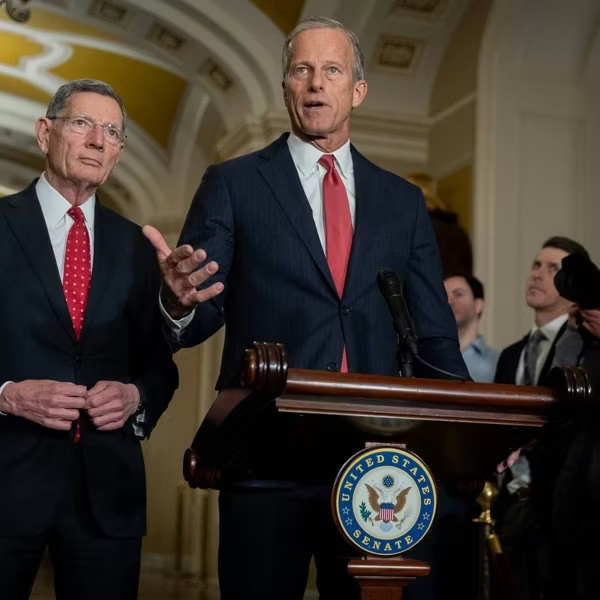I moved away from my hometown of Litchfield, Minnesota, several decades ago, and since that time, my politics have veered to the left as those in my hometown have veered to the right. Donald Trump won my family's western Minnesota congressional district by over 30 percentage points.
And yet, when I visit the church bazaars and county fairs or attend family reunions in my hometown, we always find common ground when it comes to wealth-hoarding corporate CEOs.
So I'm not surprised by national polls showing that both Democrats and Republicans have had it with CEO greed. Some 78% of U.S. workers feel CEOs are overpaid compared to their employees, one poll found last year.
It may be even worse than they think.
A Harvard Business School study found that Americans think the right CEO-worker pay ratio is no higher than 7 to 1. But a report I co-authored for the Institute for Policy Studies found that 80% of S&P 500 firms paid their CEO over 100 times more than their median worker last year.
In many cases, it was well more than 1,000 times.
All this could mean bipartisan traction for a new bill introduced by Sens. Bernie Sanders (I-Vt.) and Elizabeth Warren (D-Mass.) and Reps. Rashida Tlaib (D-Mich.) and Barbara Lee (D-Calif.) earlier this month. It would raise the federal corporate income tax rate on companies that pay their CEOs more than 50 times their median workers' pay.
The bigger the gap, the bigger the hike. At a 50-to-1 gap, the tax goes up by half a percentage point. At 500-to-1, firms would see their tax bills jump by 5 full percentage points. That might be enough to get corporate boards to rethink how much they pay their top executives--and how little they pay their workers.
Could Republicans like my old Minnesota neighbors get on board? It sure seems like it.
As recently as 2016, a Stanford University survey found that over half of Republicans--a full 52%-- favor an outright cap on CEO compensation relative to worker pay. That's even more radical than what Sanders, Warren, Tlaib, and Lee have proposed, since their bill would tax--but not prohibit--those offensive pay gaps.
Several prominent Republican politicians have weighed in to support restraining executive pay excess.
President Donald Trump railed against sky-high CEO pay during his 2016 campaign. In particular, he called for the closure of the "carried interest" loophole that allows hedge fund and private equity fund managers to cut the taxes they owe by almost half.
Mick Mulvaney, Trump's acting chief of staff, has a record on the issue too. Before he left Congress, Mulvaney introduced an amendment to eliminate U.S. Export-Import Bank subsidies for any company with a CEO that's paid more than 100 times the median worker pay.
Of course, neither Trump nor Mulvaney has done much to turn those proposals into law. But while the 2017 GOP tax cuts Trump signed were otherwise a huge gift to the wealthy, they did close one perverse loophole that had encouraged excessive CEO pay. Before this change, corporations could deduct unlimited amounts of executive pay from their federal tax bills, as long as they labeled that pay "performance-based."
Just as cigarette taxes have helped reduce smoking rates while generating revenue for health programs, a pay gap tax could incentivize less harmful corporate executive behavior while raising revenue that could be used to reduce inequality. If the new bill's penalties had been in place last year, S&P 500 firms with pay gaps over 100-to-1 would have owed as much as $17.2 billion in additional federal taxes.
Folks in my hometown would approve. Maybe even cheer.




